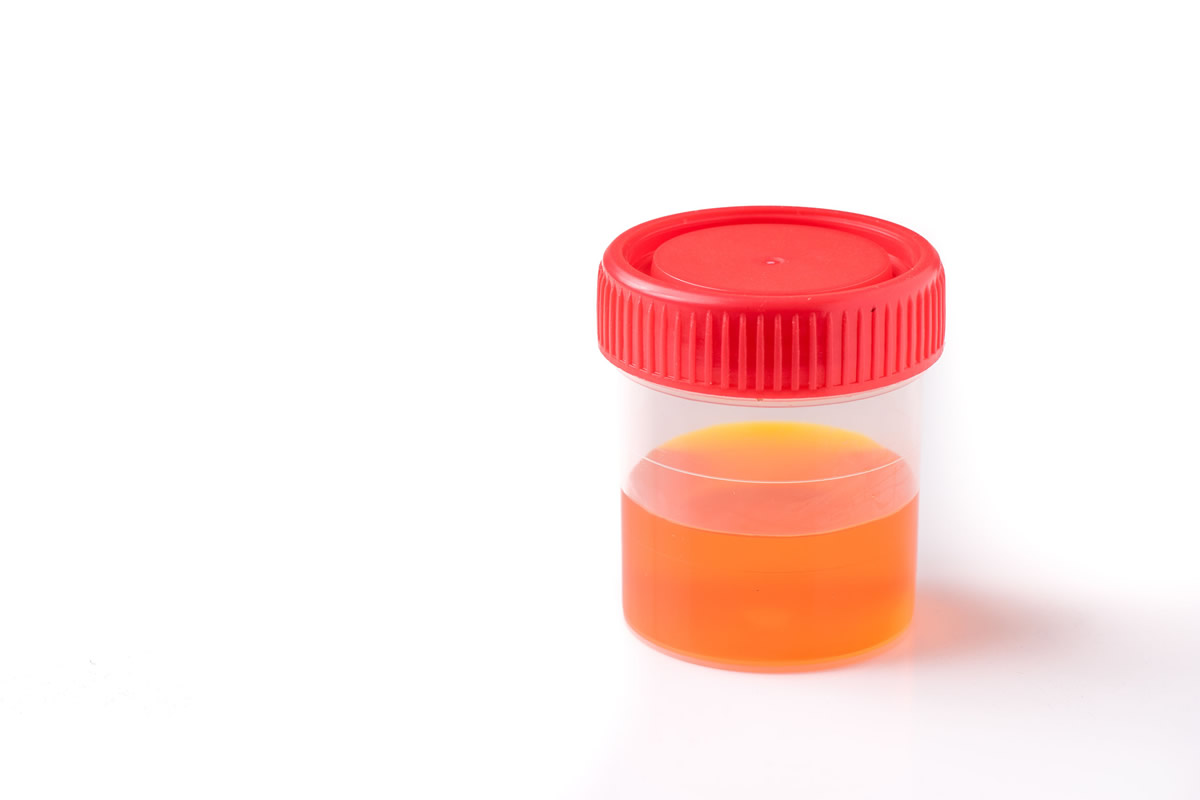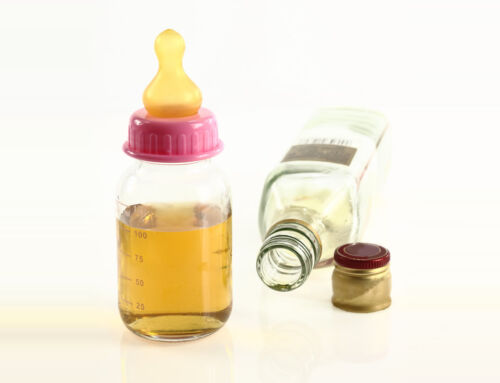Doctors can also tell a lot from how your urine looks and smells

Doctors request a urine test to help diagnose and treat a range of conditions including kidney disorders, liver problems, diabetes and infections. Testing urine is also used to screen people for illicit drug use and to test if a woman is pregnant.
Furthermore, doctors can also tell a lot from how your urine looks and smells. Normal urine is clear and has a straw-yellow colour. The odour of normal urine varies from person to person, although in most cases, it does not have a strong smell.
Urine odour
Urine consists mainly of water. Waste products excreted by the kidneys produces urine odour. Urine that contains a lot of water and few waste products has little to no odour. Occasionally urine has a stronger smell than it normally does. This isn’t always a reason for concern, but sometimes strong or unusual smelling urine is a sign of an underlying medical problem.
- Dehydration: Dehydration occurs when you do not drink enough fluids. Dehydration turns your urine to a dark yellow or orange colour and it smells like ammonia. Drinking more fluids especially water will generally change the urine odour and colour to normal. If you experience mental confusion, weakness, extreme fatigue or other unusual symptoms, you may have severe dehydration and should get medical treatment right away.
- Urinary tract infections: Bacteria in your urine cause urinary tract infections. Urinary tract infections (UTIs) change the smell of urine to a strong or foul smell. A strong urge to urinate, needing to urinate frequently or a burning sensation upon urination are the most common symptoms of a UTI. In this case, consult your doctor for treatment.
- Diabetes: A common symptom of diabetes is sweet-smelling urine. People with untreated diabetes have high blood sugar levels. High blood sugar levels create the sweet urine odour. See your doctor as soon as possible if your urine frequently smells sweet. Untreated diabetes is dangerous and can be life threatening.
- Food: Consumption of certain foods, such as asparagus, causes a characteristic sulphurous odour. It is not harmful to the body and the odour will go away after the asparagus has passed through your system. Other foods, like brussels sprouts, onions, garlic, curry or alcohol, can have a similar effect.
- Some medication, vitamins, pregnancy, rare genetic conditions, liver disease and other medical conditions can also cause the urine to have an abnormal or strange odour.
Urine colour
The colour of urine can tell you a lot. As a general rule, the more water you drink, the more transparent your urine will look.
- Dehydration: Dehydration turns urine into a dark yellow or an orange colour.
- Food: In addition to changing urine’s smell, certain foods can also influence the colour of urine. Beetroot can cause urine to be a reddish tint. Fava beans or rhubarb can make urine to be dark brown or even black. Blackberries can turn it pink.
- Medical reasons: A kidney stone could give urine a brownish tint. Blood in the urine (haematuria) can indicate kidney damage, an enlarged prostate, urinary tract infection or a tumour (non-cancerous and/or cancerous). Liver damage can lead to brown urine as well. A green colour may be the result of pseudomonas bacteria that cause UTIs. A genetic disorder, familial benign hypercalcemia, results in blue urine in children. This disease is also known as blue diaper syndrome. UTIs often make urine appear cloudy.
- Medicine and colourants: Medication can change the colour of urine. For example, to blue, green, darker yellow, pink, orange or even a brownish tint. Food colourants or dyes used for certain bladder and kidney function tests can also change the colour of your urine.
- Extreme exercise: Extreme exercise leading to muscle injury can turn urine into a brownish colour.
Most changes in urine odour and colour are temporary and do not mean you have a serious illness, particularly if you have no other symptoms. If you have an underlying medical condition, other symptoms are also present. If you are concerned about the odour or colour of your urine, consult your healthcare practitioner.




